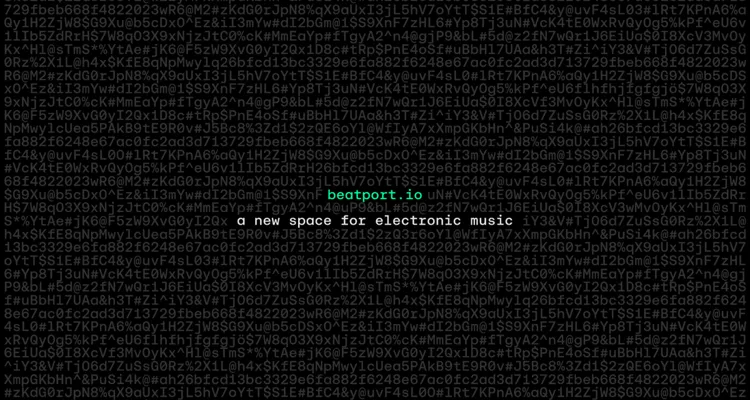Ed3 Weekly Issue #47: So Close, Yet So Far Away
As we inch closer to implementing web3 into our learning spaces it still feels a ways off
Hello web3 and education frens,
Welcome to all my new subscribers from this past week. If you haven’t subscribed yet, click here, or use the button below to join over 100+ others learning about the intersection of web3 and education.
Each week I share resources on both the theoretical and real-life applications of web3. Some of these directly impact our educational spaces. For example, an immersive learning space in VR is a clear use case for teachers. Others, such as the emergence of creative ownership on the blockchain, require a more nuanced understanding of the evolution of our models of teaching and learning.
This is one reason why my target audience for this newsletter is both educators and web3 enthusiasts. I hope that we can learn from each other. Educators can gain exposure to the use cases that technologists are building. This enables them to ideate ways to bring these innovations into their classrooms.
And vice versa, I hope that the technologists can see the changing landscape of learning and envision ways that their technology can support effective instruction.
This week I have some resources that exemplify our trajectory toward wider web3 adoption. Check out articles about:
📚 The Monterrey Institute of Technology is experimenting with a library in the metaverse
🥽 Forbes continues its coverage of VictoryXR’s metauniversity project
🎧 A platform launches to provide opportunities for musicians in the web3 ecosystem
💡 An event invites a Duke professor to talk about the transition from web2 to web3
Libraries, Game-based Learning, and the Metaverse
Image by Monterrey Institute of Technology
Libraries are undergoing an evolution. They are moving away from the stale book-borrowing spaces of the last century. A new identity is emerging focusing on information access. Digital literacy is an important component of this transition.
This article provides an example of the future of our library spaces. The libraries of tomorrow are dynamic immersive spaces focusing on digital learning experiences. Information literacy will be fostered through puzzle-like challenges, game-based experiences, and immersive learning. Here are a few insights that the Monterrey Institute of Technology learned after testing these spaces in their university’s educational metaverse.
Start with a tutorial level
Consider a game master
Go from storytelling to storyliving
Power up learners
Don’t forget to evaluate
Learning in Both Worlds
GETTY
Forbes continues with its coverage of the metaversity, and Victory XR in particular. This article provides more context about how this pace is accelerating. Some of the stats are impressive:
55 colleges and universities using VictoryXR
2500 students using the platform in higher education
Course offerings in over 6,000 subjects
I’ve written before about the work happening at Morehouse College. They are a stalwart example of how a university can intentionally transition into hybrid immersive and in-person learning spaces. More work remains about the assessment of learning in these environments, but VictoryXR CEO Steve Grubbs is taking this head on: “We are working with one of the world’s leading assessment companies to build out kinaesthetic assessments for the future.”
Web3 Music Adoption Continues
Photo Credit: Beatport
Last week I wrote about some integrations of web3 into Spotify and TikTok. Here’s a release about a web3 platform specifically focused on electronic music. Beatport says the new platform “will serve as its first permanent home in the web3 space and will enable labels and artists to create and sell unique digital assets while generating engagement from fans.”
The value-add of the blockchain grows as these platforms offer more opportunities for creators and fans. I look forward to seeing these offerings expand beyond electronic music and into other niche genres like folk and jazz.
From Web2 to Web3
Pixabay image
“The news, the mainstream media, talks about the trials and tribulations of Sam Bankman-Fried, or about Elon Musk tweeting about Dogecoin,” said Dr. Campbell Harvey from Duke University. “What I want you to think about is stuff that’s not necessarily in the news, but the stuff that’s under the radar. That’s where the big opportunity is, and I see a fundamental and structural shift as possible for our economy, with this technology.”
I couldn’t agree more. This summary of an event at the Hyperledger meetup in Raleigh has some thoughtful takes on the web2 to web3 transition. My favorite is from Sterling Mah Ingui, Head of Next Gen Products at Fidelity Investment. She called 2023 a “good year for people to learn more” about Web3. Couldn’t agree more!
Thank you for stopping by for another issue of my web3🤝education newsletter. If you’re on LinkedIn you can check out a version of this newsletter on my LinkedIn page and give me a follow. You can also link to all my work by checking out my blog or give me a follow on Twitter.






